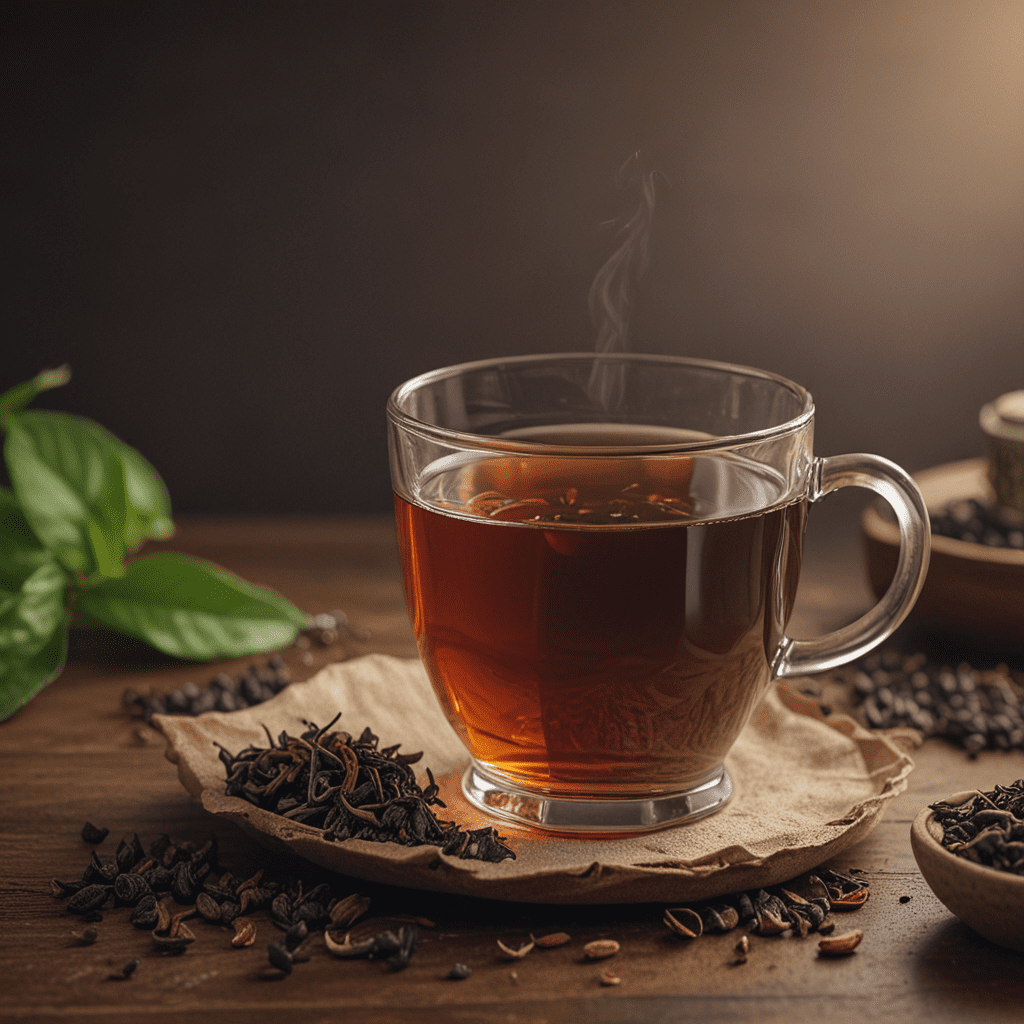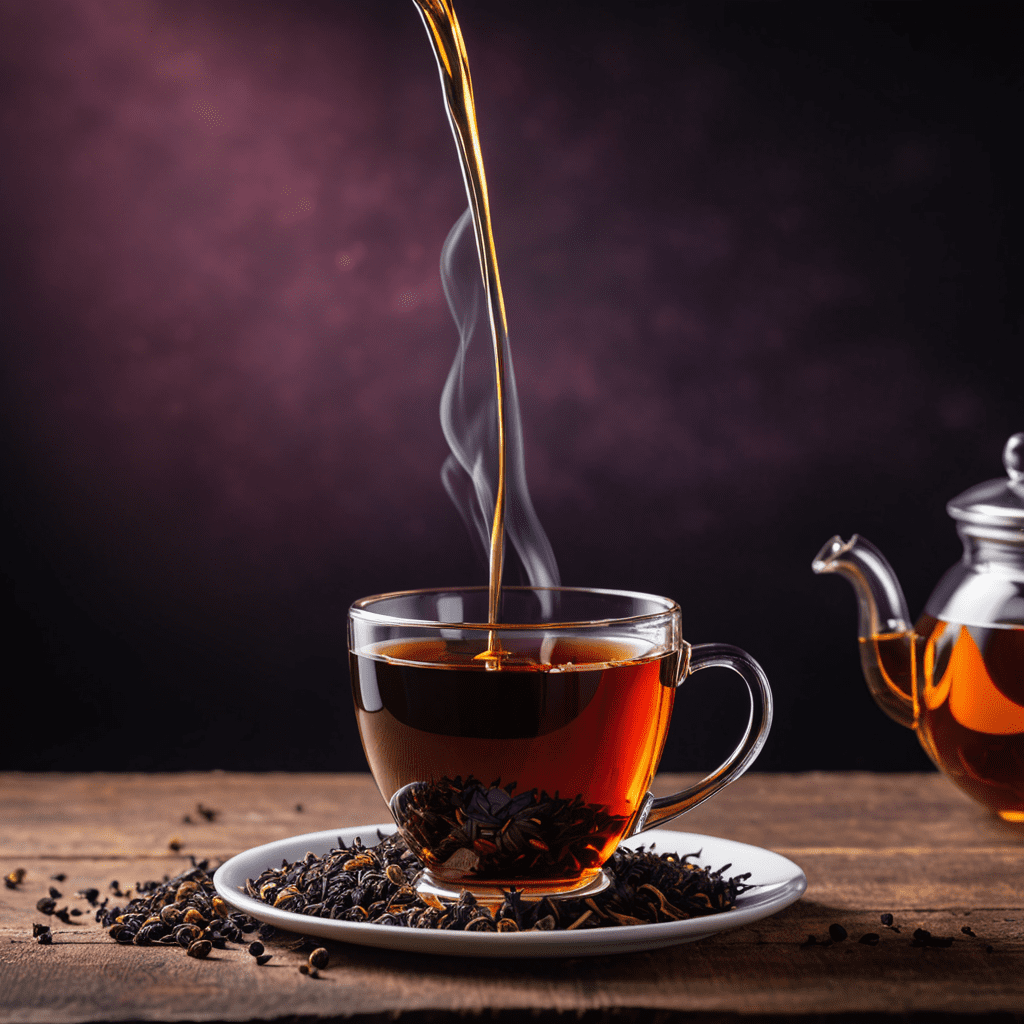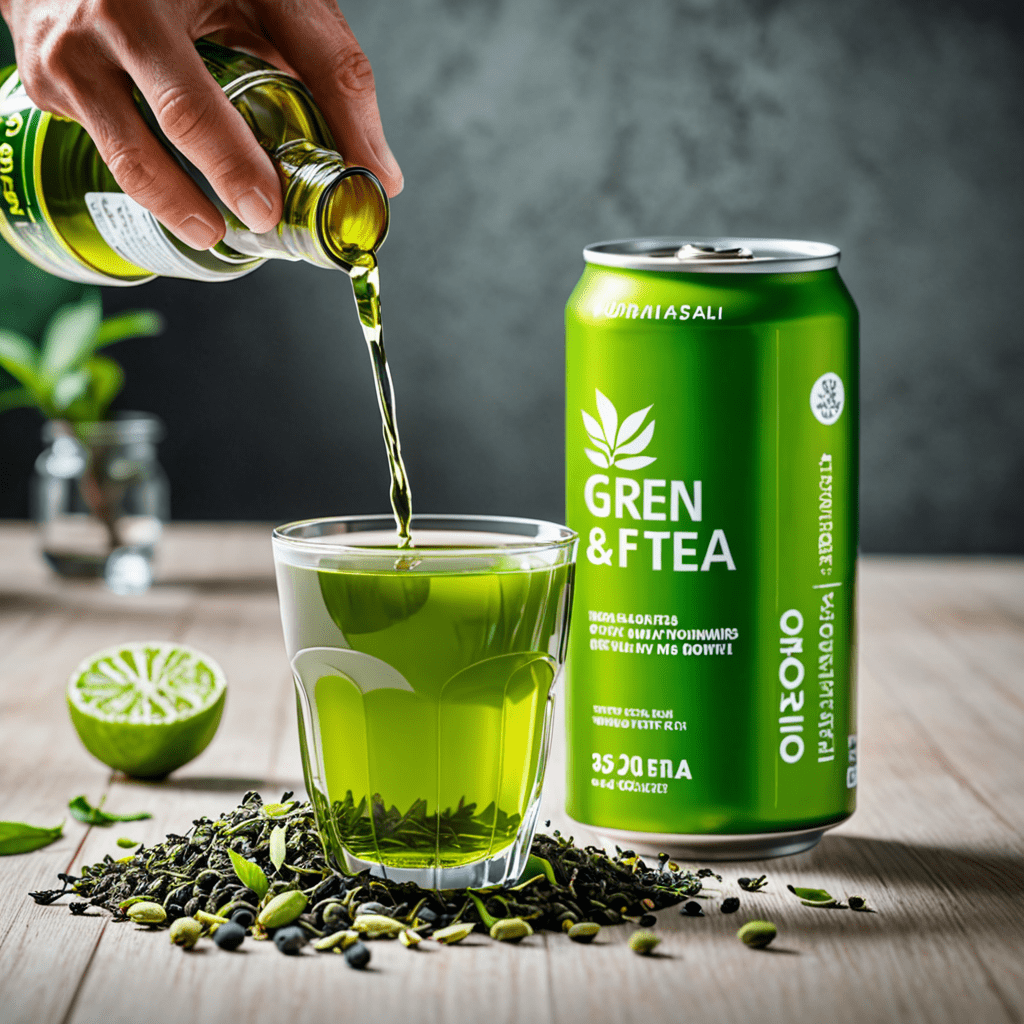
Assam Tea: The Breakfast Tea Tradition
Nestled in the heart of the Brahmaputra Valley, Assam's sprawling tea gardens paint a vibrant panorama that has made the region synonymous with the world's finest black tea. Assam tea holds a prominent place in the global tea trade, esteemed for its robust flavor, distinctive malty notes, and invigorating character.
History and Origin of Assam Tea
The origins of Assam tea can be traced back to the 19th century. In 1823, British explorer Robert Bruce stumbled upon wild tea trees growing in the region. Recognizing their potential, the British established tea plantations, and by the mid-1800s, Assam tea had gained worldwide recognition.
Geographical Location and Cultivation
Assam's unique terroir, a combination of climate, soil, and altitude, is crucial to the development of its characteristic flavor profile. The Brahmaputra River's annual flooding enriches the soil with alluvial deposits, providing essential nutrients for the tea bushes. The hot and humid climate, with ample rainfall, creates optimal growing conditions for the Assamica tea plant.
Unique Characteristics of Assam Tea
Assam tea is renowned for its full-bodied, malty flavor and strong, brisk character. The high caffeine content contributes to its invigorating effects, making it an ideal morning beverage. Assam tea also exhibits a distinct coppery color, adding to its visual appeal.
Processing and Production
Assam tea undergoes a traditional processing method known as Orthodox processing. The freshly plucked leaves are withered, rolled, and oxidized, allowing the development of its rich flavor and aroma. After oxidation, the leaves are dried and graded according to their size and quality.
The Traditional Breakfast Tea Ritual
Assam tea is synonymous with the traditional English breakfast tea ritual. Its robust flavor and invigorating character provide the perfect accompaniment to a hearty morning meal. The addition of milk and sweetener, such as sugar or honey, complements the tea's malty notes, creating a comforting and satisfying beverage.
Varieties and Grades of Assam Tea
Assam tea is available in various grades, each with its distinct characteristics. The highest grade, known as Broken Orange Pekoe (BOP), comprises large, whole leaves that produce a full-bodied and flavorful infusion. Other grades include Broken Pekoe (BP), Pekoe (P), and Orange Pekoe (OP), each offering a range of flavor profiles and strengths.
Global Significance and Popularity
Assam tea has gained immense popularity worldwide, becoming a staple in many tea-drinking cultures. Its robust flavor, versatility, and health benefits have contributed to its global appeal. It is widely exported to countries across Europe, North America, and Asia, where it is enjoyed as a breakfast tea, afternoon pick-me-up, or evening relaxant.
Economic Impact of Assam Tea
The Assam tea industry plays a vital role in the region's economy. It provides employment opportunities to thousands of people and contributes significantly to the state's revenue. The tea gardens have also spurred the development of supporting industries, such as packaging and transportation, further boosting economic growth.
Preserving the Assam Tea Legacy
Preserving the Assam tea legacy is paramount to ensuring its continued quality and sustainability. The Assam Tea Research Centre actively promotes sustainable farming practices and research into new tea cultivars. The government and industry stakeholders also work together to maintain the unique characteristics of Assam tea, safeguarding its reputation as one of the world's finest black teas.
FAQs
What is the difference between Assam tea and other black teas?
Assam tea is known for its full-bodied, malty flavor, strong character, and high caffeine content, which sets it apart from other black teas.How should I store Assam tea?
Assam tea should be stored in an airtight container in a cool, dry place away from direct sunlight.Can I drink Assam tea in the evening?
While Assam tea is typically enjoyed as a morning beverage due to its invigorating effects, it can also be consumed in the evening if desired.

